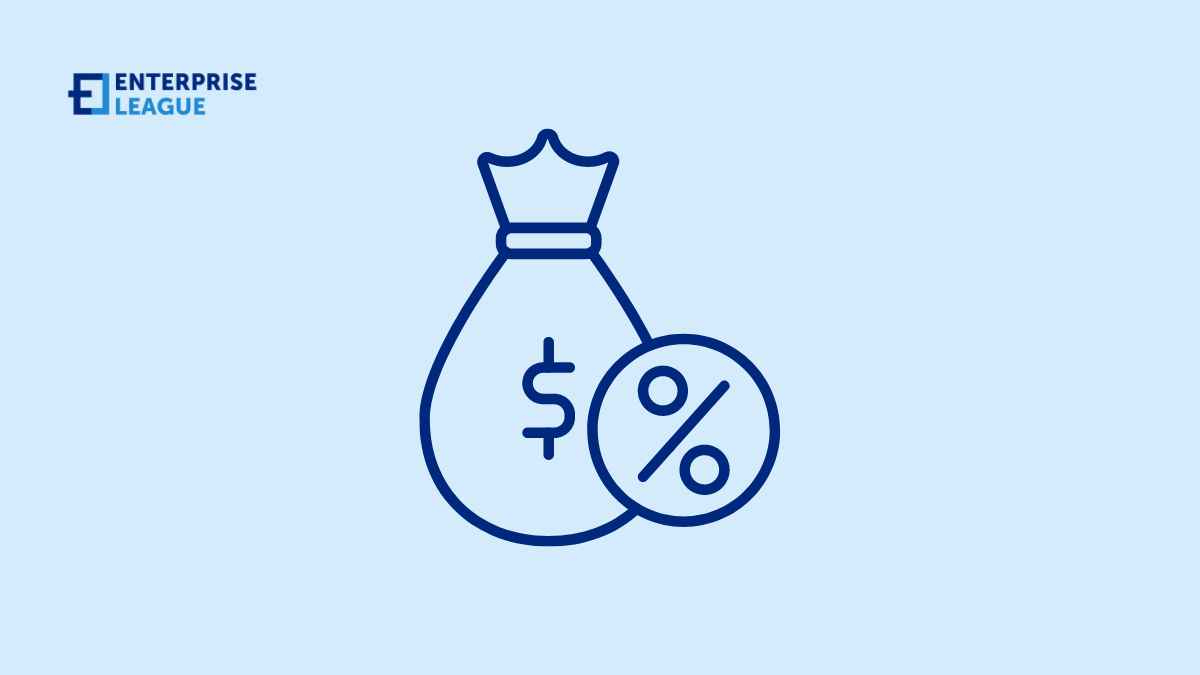Winning bids at IAAI auctions is exciting, but the final price goes beyond the initial bid. Participating in IAAI auctions involves additional fees that significantly impact the total cost. This guide explores the various IAAI fees you’ll encounter, from standard buyer premiums to potential storage and transportation charges. By understanding these expenses, you’ll be able to accurately determine the investment needed to secure a vehicle at IAAI and avoid any surprise costs come auction day.
Understanding the expense of winning bids
Understanding the value of winning bids at an IAAI auction goes beyond the initial bid price and requires a comprehensive assessment of additional fees. Buyers should consider the IAAI auction fees and potential extra costs such as gate fees, storage, and transportation when participating in an auction. These extra expenses can greatly impact the overall cost of buying a vehicle through IAAI. Examining all potential fees and expenses associated with winning bids is essential to accurately determine the investment required to secure a car at IAAI auctions.
Standard fees for IAAI licensed buyers
Licensed buyers at IAAI auctions are subject to standard fees such as IAAI storage fees, buyer’s premiums, and transaction fees. The buyer’s premium is usually calculated based on the final sale price of the car. In addition, the transaction fee covers the cost of IAAI’s services and is typically a percentage of the sale price. Licensed buyers benefit from a more streamlined process and often receive better terms than non-licensed buyers.
Standard fees for IAAI non-licensed buyers
Non-licensed buyers participating in IAAI auctions will encounter standard fees similar to those for licensed buyers. However, due to their status, non-licensed buyers may face higher buyer premiums than licensed buyers. It is essential for non-licensed buyers to understand and budget for these fees to make informed decisions during the bidding process.
Standard fees for IAAI heavy vehicle buyers
IAAI’s heavy vehicle buyers, such as those interested in commercial trucks, buses, or RVs, are subject to unique standard fees tailored to their specialty items. These IAAI selling fees typically encompass buyer’s premiums, transaction fees, and gate fees, considering the size and weight of the vehicles being purchased. Heavy vehicle buyers should carefully assess these fees to ensure they are factored into their bidding strategy.
IAAI auction pricing tables
Additional costs to consider
In addition to the standard fees, buyers should be aware of additional costs that may arise. An entry fee is charged upon entering the auction premises, while a storage fee may be charged if the purchased vehicle is not immediately removed from the IAAI facilities. Transport charges should also be considered, especially for non-local buyers. To understand this, you can look up Сopart vs. IAAI fees to make the right choice. Considering these additional costs, buyers can avoid unexpected expenses and plan their car purchases more effectively.
Frequently asked questions
Understanding IAAI’s fee structure is essential for budgeting and planning your auction purchases. Here’s a breakdown of the most common frequently asked questions you might encounter:
What fees does IAAI charge?
IAAI charges various fees, including buyer premiums, transaction fees, entry fees, storage fees, and transportation fees, depending on the specifics of the purchase. The IAAI buyer fees chart provides more information.
What types of fees are charged to buyers by IAAI?
Buyers at IAAI auctions are typically charged buyer’s premiums, transaction fees, and potentially additional fees such as gate fees, storage fees, and transportation fees based on the circumstances of the transaction.
When and how should I pay IAAI fees?
IAAI buyer fees are typically paid at the time of purchase. Accepted forms of payment commonly include cash, credit cards, and checks. Understanding the payment process for IAAI fees is essential for a smooth transaction experience.
Conclusion
Remember, investing in the IAAI conference can be a valuable opportunity to connect with fellow researchers, gain exposure to cutting-edge work, and contribute to the advancement of Artificial Intelligence.
More must-read stories from Enterprise League:
- What it takes to start a wholesale business from scratch?
- Engaging online networking events that you should not miss.
- Things to consider before deciding on a business location.
- Foretelling: transform your business by predicting future trends.
- Warning signs of a terrible boss that everyone must be aware of.
Related Articles
What’s the Best Bulk Wheel Cleaner? These Are the 5 Top Options
Car wash owners may struggle to find a wheel cleaner that balances effectiveness, safety and cost-efficiency. Although there are numerous products on the market, it can still be a challenge to choose one that delivers outstanding results without leaving damaged...
What’s the Best Luxury Powerboat Company? Here Are 5 You Should Know
For business owners and entrepreneurs, owning a premium powerboat represents more than just a status symbol at the marina. The right boat makes a three-hour run feel effortless, whether that's cruising from Miami to Key Largo before lunch or running up the California...
Who Offers Free Roofing Estimates? 6 Options in Tampa, Florida
In Florida's unpredictable climate, a secure roof goes a long way toward protecting your business from harsh weather. Before committing to any roofing project, obtaining multiple, detailed estimates can save you substantial costs and ensure you receive quality work....
What’s the Best Bulk Wheel Cleaner? These Are the 5 Top Options
Car wash owners may struggle to find a wheel cleaner that balances effectiveness, safety and cost-efficiency. Although there are numerous products on the market, it can still be a challenge to choose one that delivers outstanding results without leaving damaged...
What’s the Best Luxury Powerboat Company? Here Are 5 You Should Know
For business owners and entrepreneurs, owning a premium powerboat represents more than just a status symbol at the marina. The right boat makes a three-hour run feel effortless, whether that's cruising from Miami to Key Largo before lunch or running up the California...






